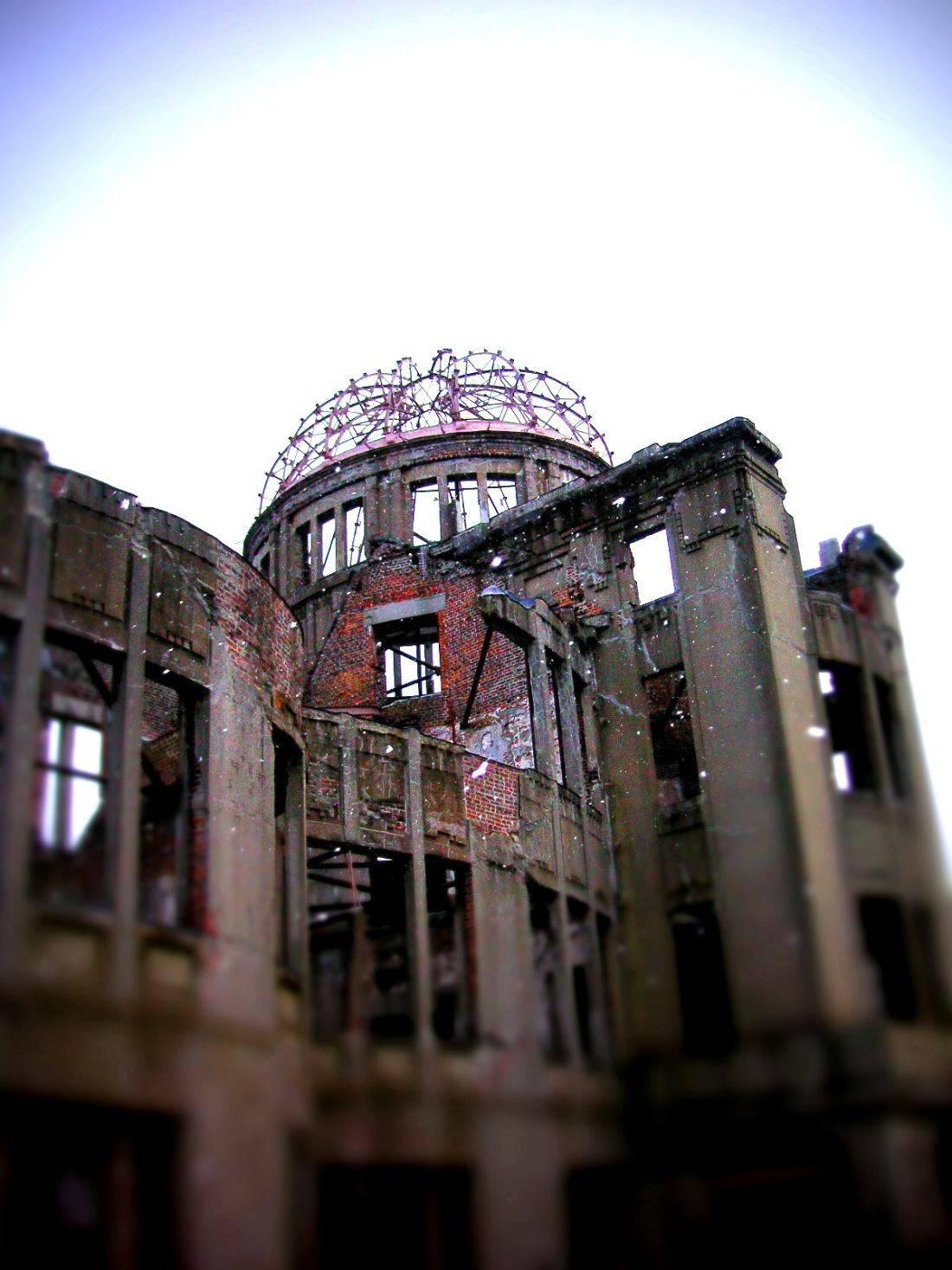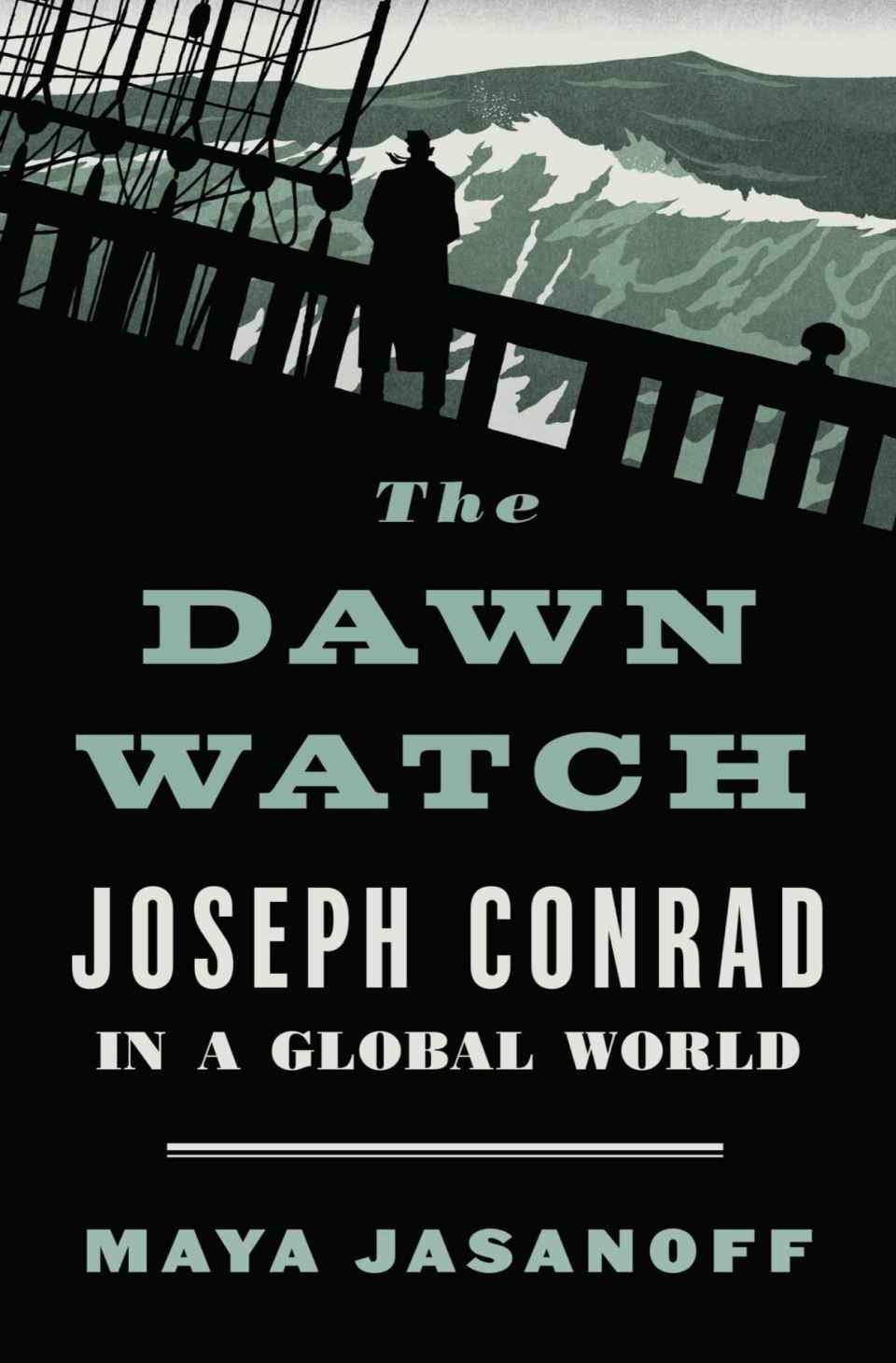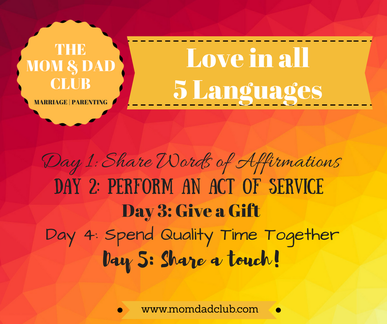
(The Atomic Dome, Hiroshima, 2007)
Today marks 72 years since Japan announced its surrender, and it was ten years ago that I visited Hiroshima. As an American I had wanted to do that for a very long time. I grew up reading about WWII, no doubt inspired by both of my grandfathers’ involvement, and no doubt inspired by the narrative of good and evil I was taught in school, not to mention other places. So Hiroshima took on special meaning for me being the first place humanity unleashed an atomic weapon on itself.
In the time that I graduated from carrying a Scooby Doo lunch box to voting for U.S. presidents the azimuth of my moral compass had adjusted quite a bit. The good versus evil narrative I had been taught had given way to a far more nuanced understanding of the events leading to the war’s end. Going to Hiroshima was no longer an elementary school student’s curiosity but now an adult’s desire to pay homage. As an American it was a deeply moving experience for me to be there, humbling to say the least.
Ten years after taking that photo of the iconic Atomic Dome, ground zero of the blast, I’m still thinking a lot about the events surrounding the decision to drop these horrific weapons. And I’m apparently not alone. One of my favorite thinkers and writers recently weighed in on the topic in light of recent escalations between the rogue state North Korea and the U.S. It seems this year there was more to say, so I felt compelled to add to that.
Michael ShermerAs I said, he is one of my favorite contemporary scientists and writers. I’m very impressed by his work in evolutionary psychology. I highly recommend his book, The Moral Arc. It’s truly an excellent read on the nature of morality and moral progress in the context of evolutionary psychology. I really cannot find any disagreement with him on anything he has written on that topic. But when it comes to history there is at least one point of disagreement: the idea that two atomic bombs led to the end of the war. I also disagree with the claim that the nuclear attacks saved lives when he, as many others typically do, moralize the position for nuking Hiroshima and Nagasaki.
A minor caveatBefore getting into what Michael wrote, at this point you likely already have a position about Hiroshima and Nagasaki, and that is fine. Whether you agree with me or disagree with me please weigh my ideas and consider the breadth of resource and information surrounding the events leading to the war’s end. Then ask yourself why is there still so much contention over what exactly ended the war in the Pacific? I am not here to answer that question, but I am here to contest what Michael is claiming. I respect his work and the influence he has rightly earned in his area of expertise, but on this topic where he would weigh in at a particularly brittle moment with North Korea, I found his claim about the war’s end deserved some counterpoint.
Before reading further, I invite you to read his essay fully here. After having read that, please continue as I will now discuss the main point of disagreement I have with his statement about the war’s end and the Japanese surrender.
Michael’s statement:“In point of fact, not only did Little Boy and Fat Man end the war and stop the killing, they very likely saved millions of lives, both Japanese and American.”
Written six paragraphs into his post, this statement summarizes an oft repeated position, but not without liberal assumption about some important matters as well as blatant disregard for other factors that were very much at work at the war’s end. Michael’s “…stopped the killing…” is a particularly troublesome part to swallow as survivors of the atomic blasts are still dying of complications years after the war’s end. Michael meant no harm by this, I have no doubt, but it’s a rather cavalier claim; it certainly would not settle well for the Hibakusha — the Japanese term for the blast victims who carried not only physical burdens of the atomic release, but the attendant social stigma for years following. This is one particular reason that the atomic bombs are set apart from conventional bombs no matter how awful those were as well.
For these reasons as well as ethical ones I have personally shifted far away from the “Bombs Won The War” narrative over the years.
A Straw Man Argument?To be frank, I think Michael stops just short of a Straw Man Argument — remember, “just short of” — in the fourth and fifth paragraphs of his article by talking about how some against the atomic bombings put the Hiroshima and Nagasaki attacks in the same context as the Jewish Holocaust. Of course comparing the atomic attacks to the the Holocaust is absurd and unwarranted. But if his point is to counter any deontological moralizing, or in other words refute a counterpoint view that holds we have an obligation not to kill innocent people, then this is indeed a veiled Straw Man Argument because most people do not use a comparison to genocide in order to dispute the use of the atomic bombs. Indeed what difference does it make if innocent people were killed with conventional weapons or nuclear weapons? There are other circumstantial reasons most dissenters use. Begging more digression into those questions, I say Michael would have done better discussing the broader use of jus bellum iustum or Just War Theory, as well as Stalin’s betrayal of the neutrality pact, the Japanese concern for a severely weakened army, or their concern about favorable surrender terms. I might imagine he didn’t mention those points because then he would have to amend his statement to fairly say, “Little Boy and Fat Man may or may not have helped end the war.” There’s no mistake that he clearly claims the two atomic bombs ended the war, full stop. And he clearly tries to support it with a bit of moralizing later in his article, a problem which I’ll address in a moment.
Before that, I want to break his proposition down into parts so we can examine each claim separately. I already talked about the “…stopped the killing…” part, so I won’t talk about that inaccuracy any longer. I will simply examine his statement as a proposition with two main claims, one about ending the war, and one about saving millions of lives.
Claim #1:“Little boy and Fat Man ended the war.”
This does not remain without any doubt. There are other issues at play that he simply ignores. His claim could very likely be fallacious, in this case something we call Affirming the Consequent where a conclusion dismisses other possibilities resting purely on the truth value of the premises.
Claim #2:“They very likely saved millions of lives, both Japanese and American.”
Allow me to talk about this statement more as it remains a niggling issue. The November invasion, called Operation Downfall, was actually a two-part military expedition, one that would start in late fall 1945, and the other in spring of 1946. But of course it never came to that. The fall invasion certainly would have seen more casualties and deaths, but it did not happen. So I have a hard time accepting it as cornerstone for using the atomic weapons. In one respect it would be like saying, “Christianizing the Cherokee Nation avoided the wanton rape and murder of women and children since that would have happened otherwise,” never mind the Cherokee had other restraints in their culture staving off self-destructive behavior. Yes, it sounds like a Straw Man Argument, and that is my point. Such premises can be fallacious on their own when you claim an action avoids a future consequence, one that assumes imminent quality, that actually may have not happened because of the other aforementioned factors. Voices against the use of the atomic bombs in Hiroshima and Nagasaki assert the war was at it’s end already. The November invasion was purely on paper at that point in August. So it is a weak proposition using the November invasion as if there were no other recourse, especially considering the immediate Soviet threat, not only to Japan, but as a post-war competitor with the U.S. For that reason, I remain unconvinced of the popular idea that Little Boy and Fat Man stopped the war and saved lives.
The idea that “we did XYZ so it avoided ABC” simply doesn’t work where too much other circumstantial evidence remains in play. I find it to be a dangerous narrative style that thankfully never got accepted for our errant expedition into two Iraqi wars where robust investigative reporting and modern information sharing made it more problematic for the U.S. to exonerate itself of gross miscalculation and misinformation.
Reasonable doubtsAs I said, Michael Shermer is one of my favorite freethinkers and scientists. I really enjoy his work, including his oratory style in places like The Oxford Union. I like is debate style and his charm. I appreciate his skepticism of course. But where is that skepticism now? It’s a well-known fact that post-war propaganda was a key part of selling the Bomb’s horrible power, American moral authority, and the future of rebuilding a demoralized nation reeling from unthinkable failure. So again I ask where is Michael’s curiosity about the other circumstantial evidence the tells us the two bombs did not end the war per se, but were part of a larger picture at the very least, and a complex one at that? If Hiroshima and Nagasaki were fire-bombed like Tokyo would the line go, “The fire-bombings ended the war.” If so, then why not any of the previous 66 bombings that left most of Japan’s cities in ruin? Why just those two atomic attacks which aren’t even in the top ten worst bombings out of the 68 bombings Japan experienced?
We simply do not have conclusive evidence that Japan surrendered because of Little Boy and Fat Man. No? Show me the evidence erasing any chance there were other powerful factors. Show me something conclusive, not a newspaper headline, and especially not a textbook passage.
Once again my point here isn’t to make my own claim what actually compelled Japan to surrender, but I want to assert that Michael’s statement about Little Boy and Fat Man ignores too many other possibilities, such as factors very much on the mind of the Japanese at the time which remain on the table and have not been comprehensively dismissed. We need to consider more before flatly stating two nukes ended the war.
I’m open to his claims of course, but we have to remember these claims were advanced by the American victors. Considering the things that we have been taught, the oral history, or the narrative that we are told in our textbooks, as well as perpetuated in our newspapers, I am compelled to wonder what has not been taught. This isn’t any kind of conspiracy theory. As I alluded before, post-war doctrine was essential to the legitimacy of the GHQ, the Allied occupation, and the preservation of Japanese dignity as it started to rebuild. We have to understand that preserving this narrative was critical to post-war efforts. So it’s important to look at the things that haven’t been told or taught, the narrative or possibilities that have been ignored or shut down. We need to be just as open to the counter claims that suggest the two atomic bombs did not end the war, and were therefore not any more critical to Japanese capitulation than a shipwrecked economy, a severely limited Imperial army that had no hope or plan to offer defense beyond Kyushu, and the surprise Russian invasion.
The Trolley Problem: Michael’s moral test?Michael then offers us a moral test in the ninth paragraph. He wraps things up with the Trolley Problem, the famous moral dilemma. This is the moralizing I mentioned earlier. He swiftly dispenses with the dilemma by writing:
“Would you throw the switch that would save five people but kill one person? Most people say that they would. In this sense, the use of atomic bombs to bring to an end the worst war in human history was the moral equivalent of pulling the trolley switch.”
Please read and weigh that passage out again carefully for yourself while remembering the claim “Little Boy and Fat Man ended the war,” something that ignores other important historical factors. The Trolley Problem is a dilemma because you only have the choice to do one action, or accept the indisputable fate of inaction. This is where his comparison critically fails.
The only reason way we can accept his comparison is by assuming there was literally no other recourse, absolutely no other action than dropping two nukes on two cities, one where less than 200 combatants perished. We know this is untrue.
Let’s check our math, and see the inverse of Michael’s claim:
“Not dropping Little Boy and Fat Man would have allowed the war to continue.” See the problem now? Indeed this is the most difficult sticking point as we will never truly know the value of the individual influences causing the Japanese emperor to make an unprecedented radio announcement 72 years ago.
It was either (A) “drop nukes/end war” or (B) “don’t drop nukes/allow war.” That’s it. No other choices or possibilities. Is this really true? No. It begs a fallacious proposition.
So Michael’s Trolley Problem comparison depicts a proverbial switch that “saved millions of lives and stopped the killing…” never mind these facts:
(1) it was still August 1945, (not November),
(2) so no American lives were risked in the November invasion (yet) while
(3) killing hundreds of thousands of non-combatants, and finally,
(4) sentencing thousands of other innocents to a slow and tortuous physical and social death.
Did Little Boy and Fat Man end the war?The answer is no. Unequivocally no. Even if the factors for the surrender are not completely understood, we know they exist, and we know there were alternatives to annihilating two cities with nukes. That much remains on display. I’m disappointed that Michael would so easily apply the Trolley Problem as a simple moral test as if there were only choice (A) “drop nukes/end war” or (B) “don’t drop nukes/allow war.” We can easily see the failure of the Trolley Problem’s attempt to be a moral equivalent. By that we are yet faced with the prospect that dropping Little Boy and Fat Man remains morally indefensible.
The only thing beyond doubt in this lesson, something I agree on with Michael, is the ethical obligation to learn from this history and not repeat it. I feel the moral indefensibility of the attacks on Hiroshima and Nagasaki only reinforces this imperative. Michael wrote, “That does not mean that we should do the same with North Korea, of course. That’s a different moral calculation altogether.” Indeed, I hope so! Given his academic contribution to the scope of moral progress, I would be very curious to know what exactly that moral calculation would be in his own words.
Advertisements Share this:




